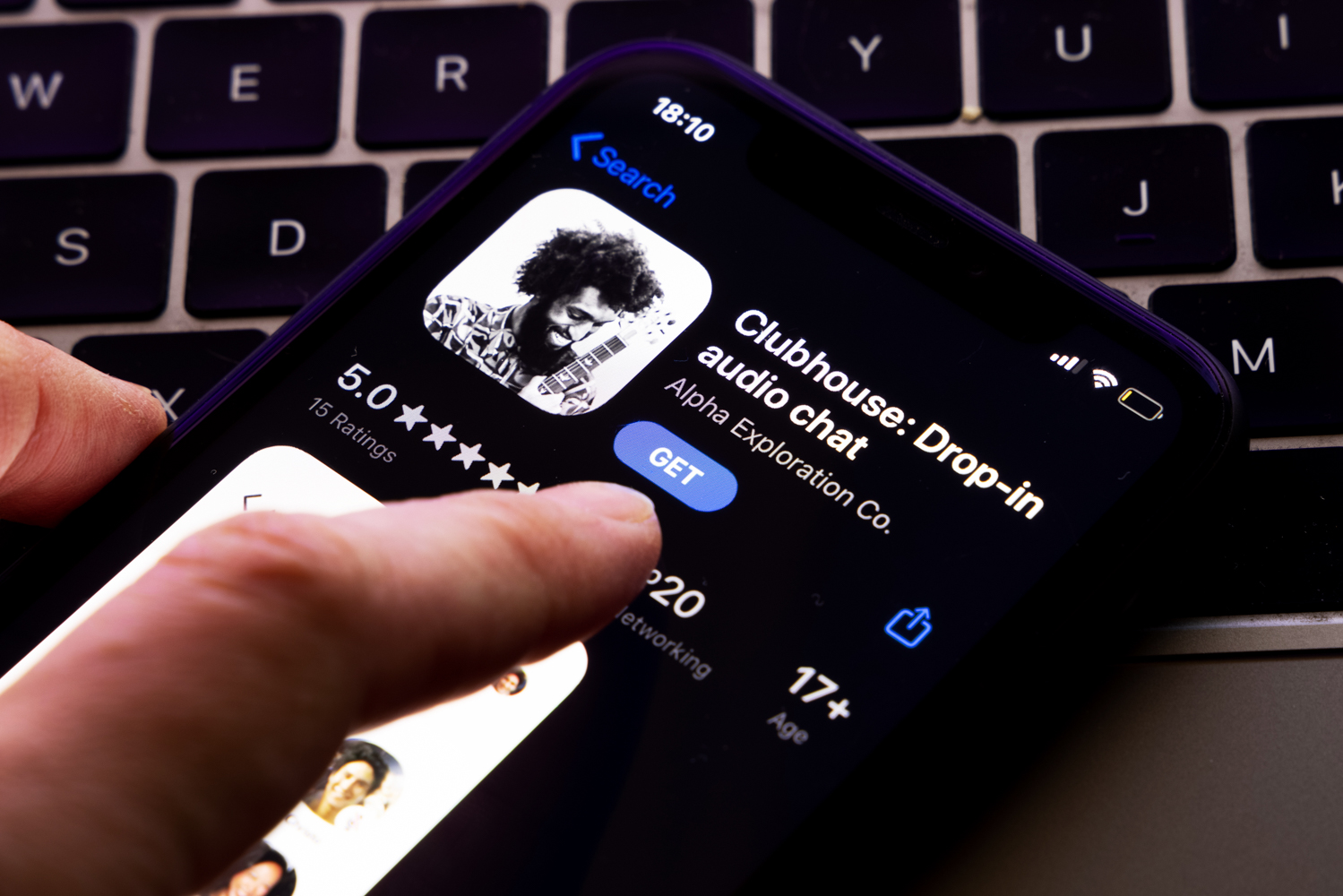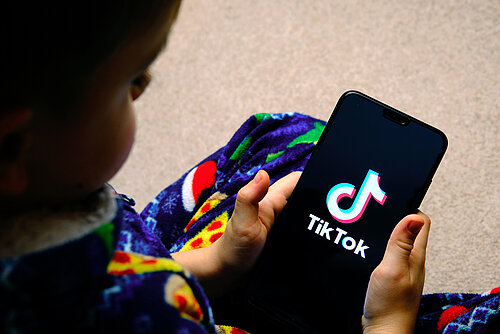
Work
Marketing
Blog
The Clubhouse Candle

The candle that burns twice as bright burns half as long…. Once an exclusive new social media platform, now an added feature on most apps. What happened to Clubhouse?
Founded in April 2020, talks of being bought by Twitter for $4 Billion dollars in April 2021 and practically unheard of come April 2022.
The year was 2020, the pandemic had reached its peak and so had everyone's boredom. Looking for new ways to entertain themselves, people got into learning new skills, revisiting old hobbies and cooking. Then all of a sudden there were whispers of an exclusive new app where only current members could invite you to join, in what could only be branded as a genius marketing strategy.
Once one of my friends was given an invite, we patiently waited for our turn to join. Once joined, we were quickly enthralled by the heated debates and discourse around… well anything. That's the beauty of this app, you could create a ‘room’ and the topic could be absolutely anything you wanted.
I will explain how all of this works shortly but Clubhouse was the hottest new app on the market and like previous apps everybody was fantasising about the opportunities this new app could bring. Fast forward 2 years later and the app is ranked 16th on the appstore and I do not know a single soul who still goes on it.
Clubhouse is a social audio app where users can talk in audio chat rooms that can host thousands of people. Its downfall can be attributed to three different things. A lack of versatility, a lack of opportunity and a lack of innovation.
Lack of Versatility
Unlike many social media apps Clubhouse only has one feature, you can talk in rooms, that is it…. On Instagram you can post stories, you can watch videos and you can message your friends, on Twitter you get the news, follow trends and post your opinion on trending topics. This lack of versatility means that users very quickly got bored. In a world where people are constantly bombarded with new and exciting things, Clubhouse failed to keep up with this and this led to their demise.
Lack of Opportunity
Instagram,Facebook,Twitter and TikTok all make money from advertisements, collecting data and providing a platform where things can be bought or promoted. So why didn’t Clubhouse follow this trend?! It is unimaginable that there is a valid reason as to why.
Perhaps a fear that this would put users off their app or just a lack of initiative.
Lack of Innovation
It is not the strongest of the species that survives nor the most intelligent but the one most responsive to change’ - Charles Darwin.
Clubhouse failed to adapt. Instagram, Facebook, Twitter and TikTok are constantly evolving, constantly changing and introducing new features. A feature that was unique to Clubhouse was quickly introduced to other social media platforms. Twitter introducing ‘spaces’ and rumours of Instragram developing an ‘audio room’, Clubhouse was quickly made obsolete. However, when Instagram stole many of Snapchats features such as ‘stories’ and ‘close friends’. Snapchat adapted and added more features in order to stay competitive and due to this are set to make profit for the first time this year.
To conclude it is rare to see such a popular App fall from grace so abruptly. Dissolved Apps such as Tumbler or Myspace still had their time in the limelight and certainly lasted longer than a year. Perhaps just a great example of how ruthless the business can be at least, may the failures of Clubhouse be a reminder as to why versatility, taking opportunities and innovation matter.


